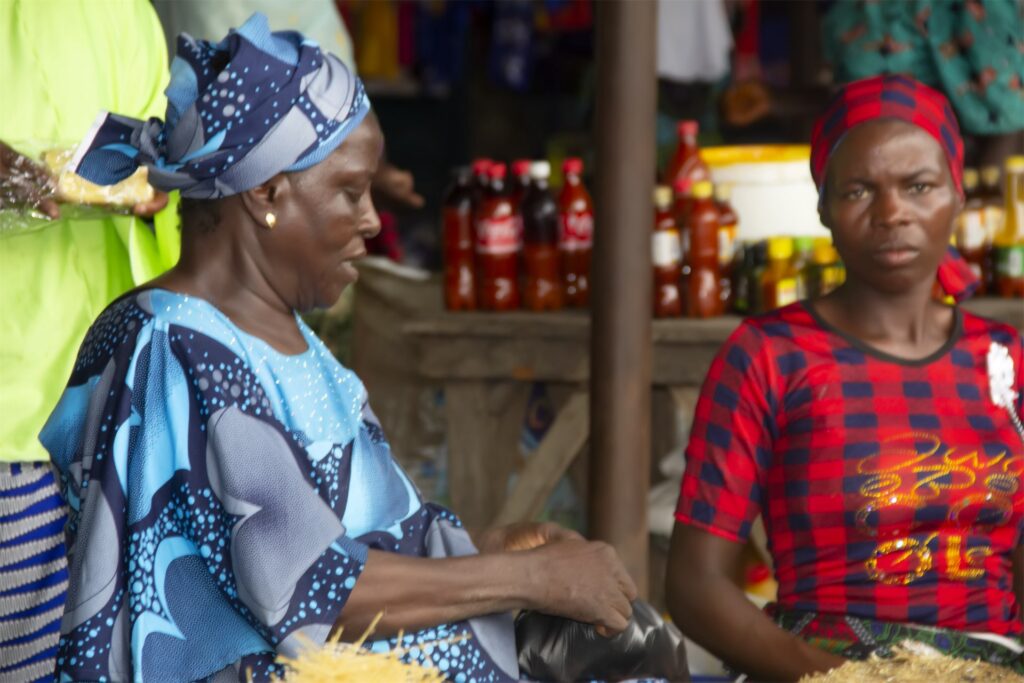- Igbeti, Oyo State, Nigeria
- support@igbeti.com
- Home
- History
- Culture
- Tourism
- Investment
- Marble sites
- Saw Mill Igbeti
- Water Processing Dam
- Garri Processing Mill
- Tafoo Park & Hotel
- CAVA Garden & Event Ltd
- Mubol Dapeb Global LTD (Marble industry)
- G Lister Success LTD Marble Processing Factory Igbeti
- Primary Health Centers Ogunte Igbeti
- General Hospital Igbeti
- LA primary School
- UMCA primary School
- UMCA SEC Grammar School
- News
- Gallery
- Contact
- Home
- History
- Culture
- Tourism
- Investment
- Marble sites
- Saw Mill Igbeti
- Water Processing Dam
- Garri Processing Mill
- Tafoo Park & Hotel
- CAVA Garden & Event Ltd
- Mubol Dapeb Global LTD (Marble industry)
- G Lister Success LTD Marble Processing Factory Igbeti
- Primary Health Centers Ogunte Igbeti
- General Hospital Igbeti
- LA primary School
- UMCA primary School
- UMCA SEC Grammar School
- News
- Gallery
- Contact
Call Anytime
+234) 805-854-5496
Language & Culture
- Home
- Language & Culture
Language & Culture –
The Soul of Igbeti
In Igbeti, language and culture are more than tools of communication—they are expressions of identity, heritage, and unity. The people of Igbeti proudly speak Yoruba, one of the most widely spoken indigenous languages in West Africa, known for its musical tone, deep meanings, and rich oral tradition.
🗣️ Common Yoruba Phrases
Here are a few everyday expressions you may hear during your visit—and you’re encouraged to try them too!
Ẹ káàárọ̀ – Good morning
Ẹ káàsán – Good afternoon
Ẹ kú alẹ́ – Good evening
Báwo ni? – How are you?
Ẹ ṣe – Thank you
Ẹ káàbọ̀ – Welcome
Mo nífẹ̀ẹ́ rẹ – I love you
Má bínú – Sorry / Don’t be angry
Ṣé àlàáfíà ni? – Are you well?
Learning even a few of these phrases shows respect and brings smiles to the faces of locals.


📜 Proverbs & Oral Tradition
Yoruba culture values wisdom passed through generations in the form of proverbs (òwe) and folk songs. These are commonly used in conversation and storytelling:
“Ìwà l’ẹwà.” – Character is beauty.
“Ohun tí a kò bá mọ̀, ó tó kóni lójú.” – What we don’t understand seems mysterious.
“Agbára ògìrì ni ilé ń dúró.” – A house stands because of strong walls (meaning a community stands by strong people).
Locals also sing traditional songs during festivals, ceremonies, and farming seasons—rhythms that tell stories, give praise, or call for unity.
👗 Traditional Dress and What It Means
In Igbeti, dressing is a form of identity and pride. On special days, you’ll see locals in colorful aso òkè, ankara, or adire fabrics, beautifully worn by both men and women.
Men often wear agbádá (a flowing robe) or bùbá and ṣòkòtò (top and trousers), completed with a fìlà (cap).
Women wear ìró and bùbá (wrapper and blouse) with a matching gèlè (head tie) and ìpèlé (shoulder sash).
Each style, pattern, and color combination often reflects cultural events, marital status, or even family lineage.



